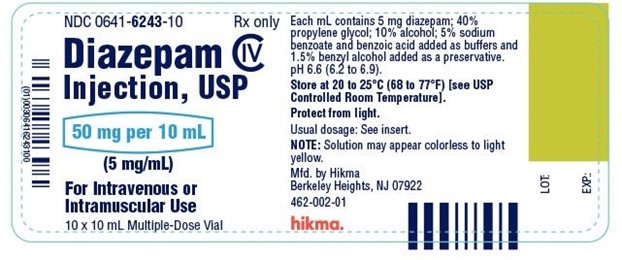A nurse is caring for a client who has bounding pulses, crackles on auscultation, and pink frothy secretions when receiving suctioning.
The nurse should recognize these assessment findings as indicating which of the following?
Increased cardiac output.
Pleural effusion.
Fluid volume excess.
Aspiration.
The Correct Answer is C
“Fluid volume excess.” Bounding pulses, crackles on auscultation, and pink frothy secretions when receiving suctioning are all signs of fluid volume excess.
Fluid volume excess can occur when the heart is unable to pump blood efficiently, causing fluid to build up in the lungs.
Choice A is not the correct answer because the increased cardiac output would not cause these symptoms.
Choice B is not the correct answer because pleural effusion refers to a buildup of fluid between the layers of tissue that line the lungs and chest cavity, which would not cause these symptoms.
Choice D is not the correct answer because aspiration refers to the inhalation of food, liquid, or other substances into the lungs, which would not cause these symptoms.
Nursing Test Bank
Naxlex Comprehensive Predictor Exams
Related Questions
Correct Answer is A
Explanation

The nurse should instruct the client to obtain sterile lancets for blood glucose monitoring.
Lancets are small needles used to prick the skin to obtain a blood sample for testing blood glucose levels.
Choice B is wrong because compression stockings are not necessary for blood glucose monitoring.
Choice C is wrong because toenail clippers are not necessary for blood glucose monitoring.
Choice D is wrong because a hand mirror is not necessary for blood glucose monitoring.
Correct Answer is B
Explanation

The priority intervention for a nurse planning care for a client who has status epilepticus is to administer diazepam intravenously to the client.
Diazepam is a benzodiazepine medication that can help stop seizure activity and is often used as a first-line treatment for status epilepticus.
Choice A is incorrect because while phenytoin can be used to treat seizures, it is not typically used as a first-line treatment for status epilepticus.
Choice C is incorrect because while providing oxygen can be an important intervention for clients experiencing seizures, it is not the priority intervention.
Choice D is incorrect because while turning the client to the lateral position during seizure activity can help prevent aspiration, it is not the priority intervention.
Whether you are a student looking to ace your exams or a practicing nurse seeking to enhance your expertise , our nursing education contents will empower you with the confidence and competence to make a difference in the lives of patients and become a respected leader in the healthcare field.
Visit Naxlex, invest in your future and unlock endless possibilities with our unparalleled nursing education contents today
Report Wrong Answer on the Current Question
Do you disagree with the answer? If yes, what is your expected answer? Explain.
Kindly be descriptive with the issue you are facing.
